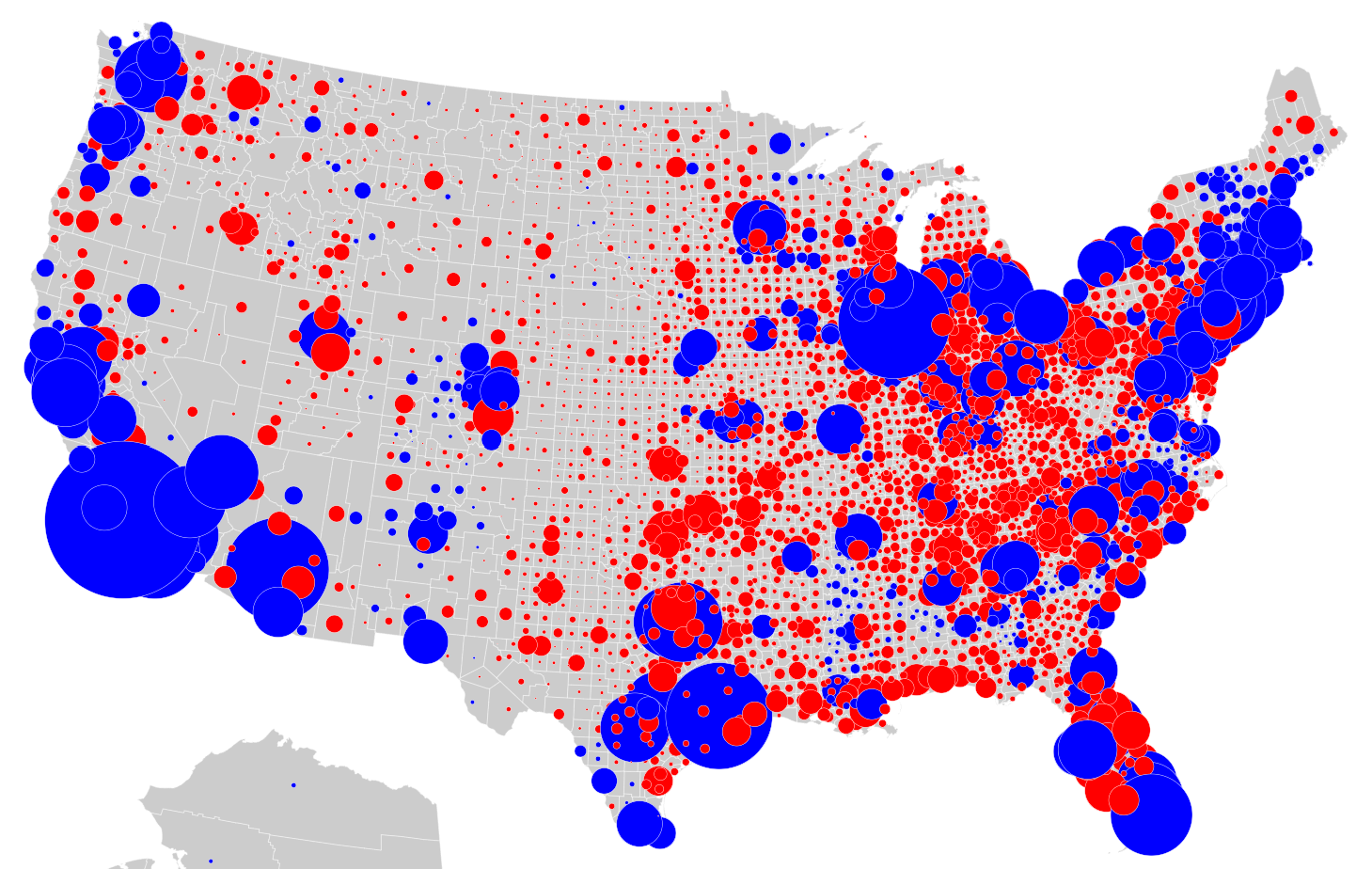

This Week In Public Health
Have you been following This Week In Public Health? You should be! Every week, we pull from over thirty high-impact journals to give you the evidence-based information that you need… Read More

Bridging the Research-Practice Gap: The Need for Implementation Science and Its Own Implementation
In scientific research, a chasm often exists between the results produced in controlled environments and their application in real-world settings. This disconnect, known as the research-practice gap, has hindered the… Read More

Navigating Political Climates in Community Psychology
Community psychology is a field that often doesn’t make headlines in the same way as clinical or organizational psychology. Still, it is equally crucial in building and maintaining communities’ mental… Read More

Extractive vs. Abstractive Summarization: Implications for Program Evaluation
Summarization is crucial to understanding and evaluating vast amounts of data, particularly in program evaluation. With the proliferation of data and technological advancements, methods have risen to automate the summarization… Read More

What I said for the opening of the GIS summit.
Good morning/afternoon/evening everyone, With immense joy and anticipation, I welcome you to the GIS Virtual Implementation Summit. As the chair of this momentous gathering, I stand before a vibrant community… Read More

The Living Wage and Health: Evaluation Implications
The conversation surrounding the concept of a “living wage” has been gaining traction, making headlines as a viable tool to combat various social issues, including poverty, inequality, and adverse health… Read More

Competitive Analysis in the Dark: Strategies for Unknown Competition
First time here? Before your dig into this post on competitive analysis, check out our previous entries in this series on how to use game theory to respond to proposals…. Read More

Competitive Analysis in Proposal Response
First time here? Check out our previous entries in this series: Game Theory and Proposals: An Intro Applying Game Theory to the Bid/No-bid Decision Having discussed how game theory can… Read More

Applying Game Theory to the Bid/No-bid Decision
Did you miss Part 1 of this series? Well, check it out right here! Last week we introduced the fundamental principles of game theory. We hinted at how these concepts… Read More

Game Theory & Proposals: An Intro
Welcome aboard! Get ready to explore the fascinating world where game theory and proposal responses intersect. In this blog series, we’ll examine how these two seemingly different fields are connected… Read More

Shaping Sustainable Futures: Evaluating Energy Policies for Health Outcomes
In an era where climate change and health are increasingly intertwined, evaluating energy policies can no longer be an afterthought. Given the growing urgency of these challenges, we are cognizant… Read More

Vaccine Hesitancy at the Intersection of Social, Structural, and Psychological Barriers
Vaccines save millions of lives worldwide annually, offering longer, healthier lives. However, vaccination disparities persist, particularly during the COVID-19 pandemic, with economic, racial, and ethnic gaps affecting adult vaccine uptake…. Read More












